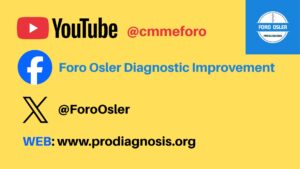Molecular Oncology: a step further in diagnosis linked to treatment

Diagnosis in Medical Oncology is facing a revolution. Morphology and a limited set of cellular markers are the keystone of the diagnosis and at the end, we will classify a lung cancer in two categories, non-small cell lung cancer or small cell cancer, a colorectal cancer in just a category, breast cancer could be divided based on morphology in ductal or lobular and we can continue with the rest of the tumors. But the landscape is evolving…
Two major achievements are changing the diagnosis and the therapeutic of tumors: molecular diagnostic trying to identify some specific genetic markers that allow a tailored treatment because these tests are
designed to be paired with a specific drug to an individual patient , and the “liquid biopsy” , a non-agressive technique based in the ability to recognize tumor cells in a blood sample.
All these techniques are a new step further in the “classical” diagnosis of cancer and they have a direct influence in the election of the treatment.
A summary of these genetic markers and their relation with the treatment are exposed here, based on the paper by Carrie Printz, published in Cancer, August 15, 2016.
| Marker | Diagnosis | Presence | Effect on treatment |
| Epidermal Growth Factor(EGF) mutation Test v2 (Roche Molecular Diagnostic)
.Anaplastic lymphoma kinase (ALK) protein
.Programmed death 1 (PD-L1)
.Lack of KRAS mutation |
Non-small cell lung cancer(NSCLC)
NSCLC
NSCLC
Colon cancer
|
10-20%
5%
35%
|
Erlotinib: first line if mutation
crizotinib
Nivolumab
Cetuximab and Panitumumab
|



